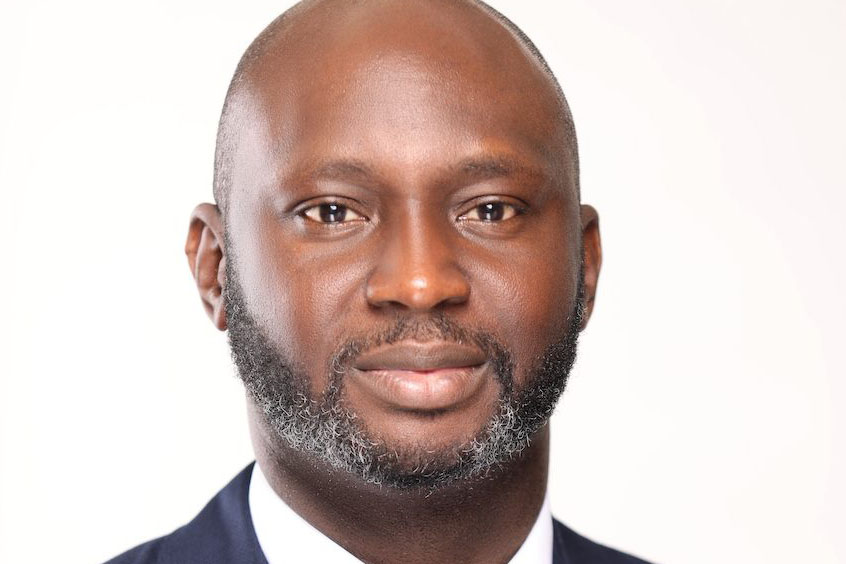Indication of interest by the Federal Government to strengthen the existing bilateral relationship between Nigeria and Israel may create leeway for economic development and provide sustainable solutions to youth unemployment in Nigeria.
Founder of Infoplus Business Research Services, Ndudi Osakwe, who disclosed this in a document made available to The Guardian, noted that the federal government must be commended and supported over the move, which focuses primarily on Science, Technology and Innovation (STI).
Osakwe, who currently offers location intelligence and market entry advisory to Israeli companies coming to Africa, stated that Israel’s capacity for innovation remained one of its main strengths in the fourth industrial revolution where knowledge holds sway as a factor of production
Recall that the Nigerian government had announced readiness to solidify bilateral ties with Israel in Science, Technology and Innovation (STI). This is coming at a time when the World Economic Forum, in its global competitiveness reports, has consistently ranked Israel as a major player in the international economy.
Osakwe, who authored ‘Africa Is Emerging’ and ‘Hard Facts About Easy Market Entry,’ quoting StartUpBlink’s Global Startup Ecosystem Index Report, 2021, which ranked Israel third among the global top 50 technology start-up ecosystems, said Israel ranked second globally in hardware and Internet of Things (IoT), health technology, and software and data industries and also ranked in the world’s top five in energy and environmental technology.
“Israel’s groundbreaking success has been attributed to its unique society and culture, government support and global-first market approach among other factors. Dan Senor and Saul Singer in their bestselling book, Start-up Nation, the Story of Israel’s Economic Miracle, the authors attributed the success of Israel partly to its cultural core built on a rich stew of aggressiveness and team orientation, isolation and connectedness and on being small and aiming big.”
“While Nigeria may not be considered to be small or isolated, Nigerian youths can be characterised as ambitious, enthusiastic, energetic and promising,” Osakwe said.
He noted that opportunities are required to unleash the full potentials of Nigerian youths as the outcome of the lack of opportunities remained uncomplimentary.
“Recently, Godwin Obaseki, the executive governor of Edo State was reported to have said that internet fraudsters are intelligent, however, their thinking need to be redirected to positive things. Majority of the youth are in anomie, a state of normlessness and lack of social cohesion that leads to deviance and crime.
The power of the Nigerian youth can be unleashed. The Fourth Industrial Revolution and the associated knowledge economy offers opportunities to set up technology incubators and accelerators across the county,” he noted.
Osakwe noted that the progress recorded by Israel in developing its technology sector could be replicated in Nigeria, adding that the country could start with baby steps like student exchange between the universities for collaborative research and short-term training in Israeli technology firms.
Osakwe said the development of such ties should not be left to the government alone as he called on private sector investors in technology ecosystems to raise their interest level, especially of the youths, in innovation and creative thinking.
“I admire the initiative of Peter Ugbabe, a Nigerian-Israeli, former footballer, ex BCC Lions and Nigerian Flying Eagles, to set up an agricultural start-up program in his home state of Benue in partnership with other Israelis. The proposal is for Benue State as the food basket of the nation to become a pioneering and successful powerhouse in agricultural technology as a key input and intervention in agricultural activities of 21st century Nigeria in order to engage the youths in employment, and ensure food security and generate foreign exchange revenues. According to him, this would be achieved by the establishment of a centre to train start-up founders in agricultural technology,” he said.






